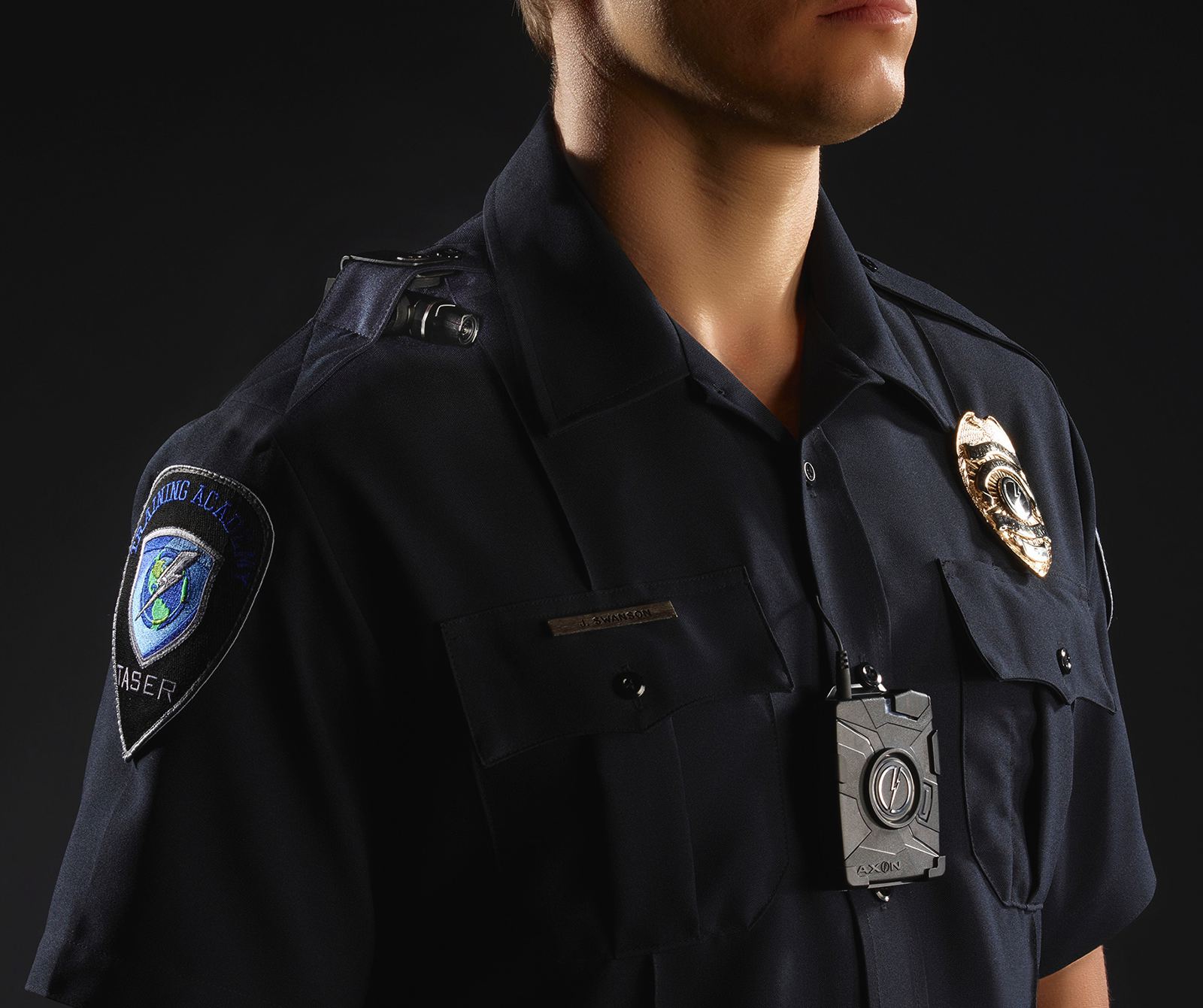It’s still up in the air whether 100 Boston police officers will soon be equipped with state-of-the-art body cameras.
Boston Police Commissioner William Evans announced the pilot program last month, mandating that the cameras are strapped onto officers “of all ages and races from five sections of the city and the department’s Youth Violence Strike Force to wear the cameras for a six-month trial,” according to The Boston Globe.
A mere 10 days later, the Boston Police Patrolmen’s Association filed an injunction when the program was made mandatory, following lengthy negotiations.
The idea of body cameras has been a point of tension in the past months, with passionate stakeholders on either side of the issue. In April, city officials requested public input on the program through community meetings, hosted by City Councilor Andrea Campbell, and other city initiatives focused on social justice. Campbell supports the implementation of body cameras, aligning with other advocacy groups such as the Boston Police Camera Action Team.
Debate over body cameras is a painful reminder that police brutality is very real. The deaths of Eric Garner and Alton Sterling served as much-needed wake-up calls to the divide between American citizens (mostly people of color) and those who serve us.
In theory, body cameras would act as an unbiased witness in a case that something does go wrong.
That being said, the right to unionize in the face of injustice also rose from oppression. Police officers are also citizens, and citizens have earned the right to voice their concerns, particularly in the workplace. In 1866, workers advocated for their rights against tyrannical power, finally forming the National Labor Union and a national system that protects underserved laborers.
However, body cameras are another source of information, and this information would be focused on benefitting the citizens of Boston. Information is power, and by refusing to participate in the pilot program, police are denying the people of their power.
The United States is experiencing an immense divide between the people and the police, and this refusal is exacerbating that divide. Rather than moving toward reconciliation and understanding, fostered by communication on both sides, taking a definitive stand on this issue intensifies suspicions of police activity.
Complexities grow when you realize that responses to body cameras can go one of two ways: either those who are interacting with police will be extremely mindful of their behaviors, or those who are already genuinely and understandably suspicious of police will grow more nervous. The latter is of far more concern, and could be severely detrimental, particularly in preventing them from reporting incidents to officers.
But body cameras are pointless until there is a criminal justice system that holds accountable those who are responsible for committing crimes. And in the case of Dylan Noble in June, the body cameras did nothing to stop a Fresno Police Department officer from shooting an unarmed teenager.
In Boston, forcing police officers to wear body cameras against their will is not enough. Any individual forced to do something will view that fate as a punishment. Change is brought about through understanding the importance behind the change. In this case, Boston officers need to recognize the reality of systemic racism, and the value of open communication between citizens and those they turn to in their darkest times.






















































































































